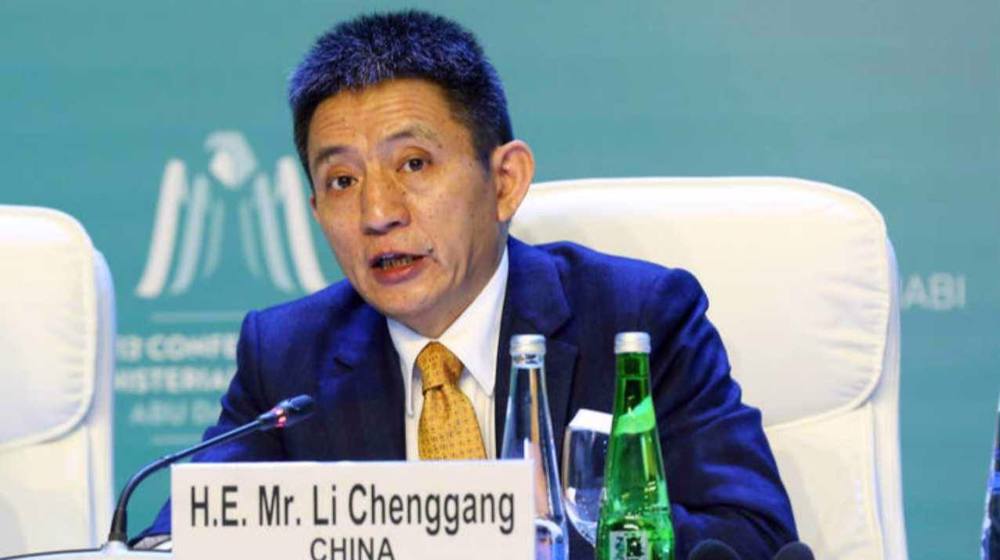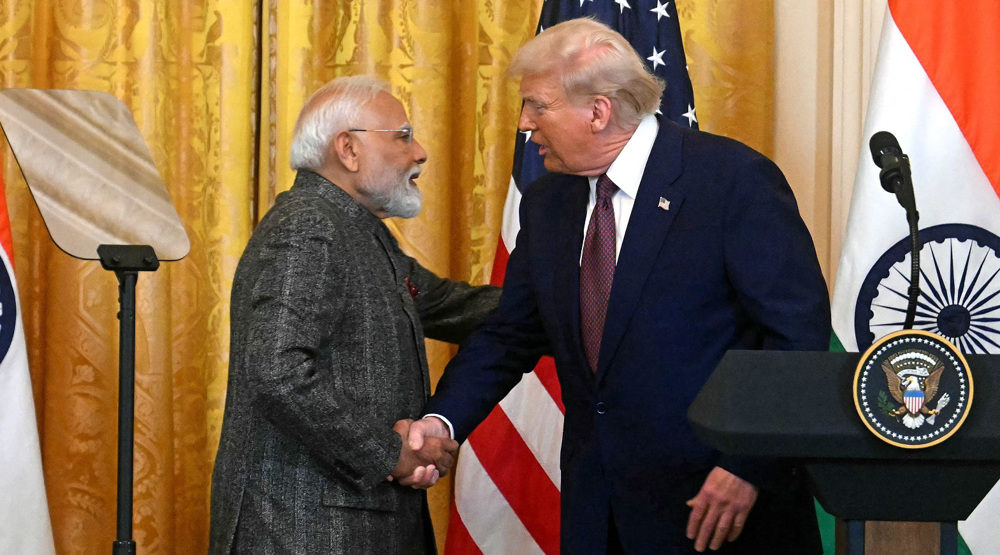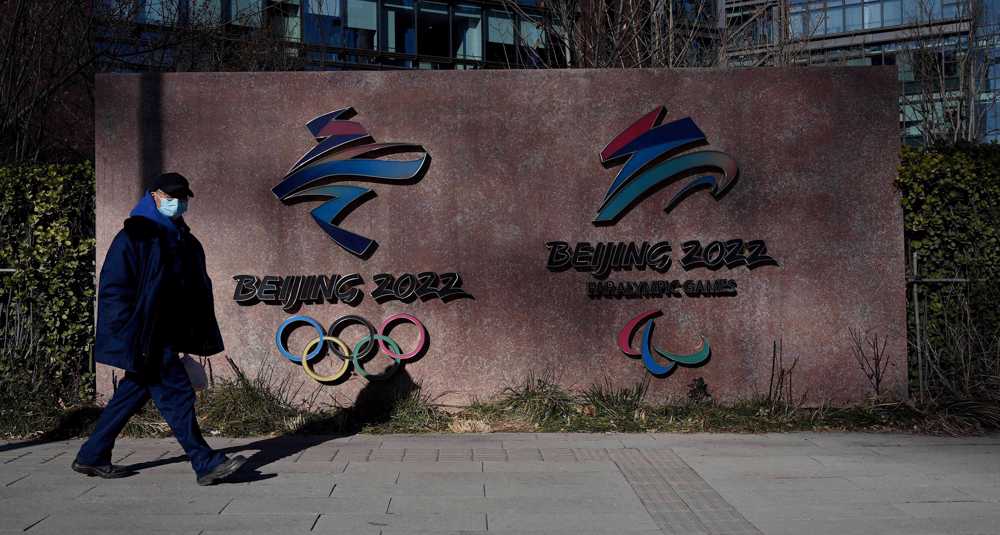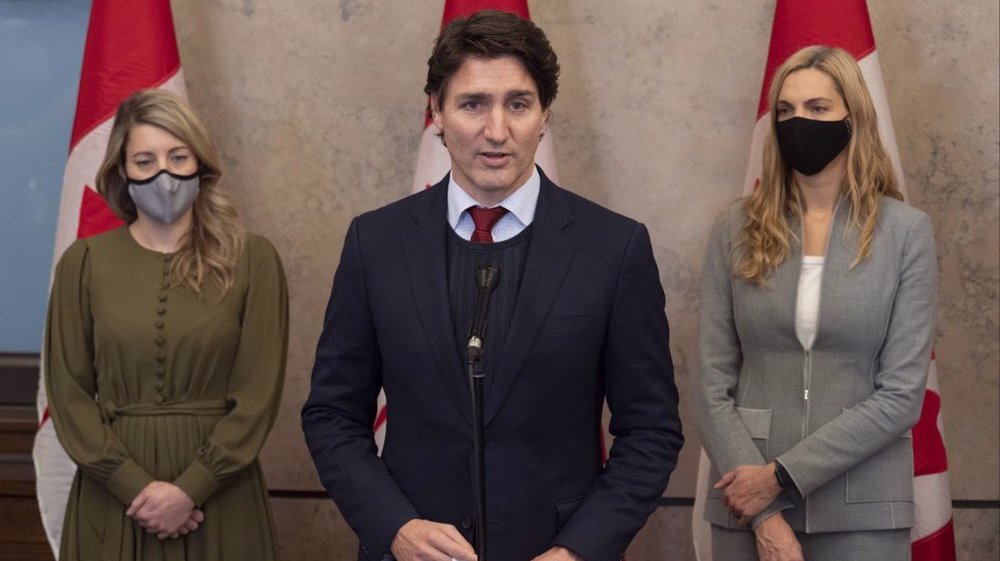China warns US, allies will ‘pay price’ for Olympics boycott; France rebuffs US campaign
The Chinese foreign ministry has warned that the United States and its allies will “pay the price” for their diplomatic boycott of the Winter Olympics in Beijing.
"The US, Australia, Britain and Canada's use of the Olympic platform for political manipulation is unpopular and self-isolating, and they will inevitably pay the price for their wrongdoing," ministry spokesman Wang Wenbin told reporters on Thursday.
The stern warning came after Washington announced earlier in the week that it would not send a diplomatic delegation to Beijing for the games in February over what it claimed as widespread rights abuses by China against the Muslim Uyghur minority in the northwestern region of Xinjiang.
Australia, Britain and Canada followed suit and announced similar decisions on Wednesday even though their athletes will attend the games.
Meanwhile, the French government spurned the politically-motivated move by the West, with Education and Sports Minister Jean-Michel Blanquer saying his country will not join the diplomatic boycott of the Beijing Olympics.
"We need to be careful about the link between sports and politics," Blanquer said during an interview with RMC radio and BFM television. "Sports is a world apart that needs to be protected from political interference. If not, things can get out of control and it could end up killing all of the competitions.”
China has already denounced the US-led attempts to politicize the Winter Olympic in Beijing, saying a diplomatic boycott would be “a serious stain on the spirit of the Olympic Charter” as well as “a naked political provocation, and a serious offense to the 1.4 billion Chinese people.”
Beijing has also called on the administration of US President Joe Biden to drop the plan as it would further damage bilateral ties.
The games are scheduled to take place from February 4 to 20, 2022, followed by the Paralympics from March 4 to 13.
The United States and China are profoundly at odds over a raft of issues, including the self-ruled island of Chinese Taipei (Taiwan), alleged abuses of Muslim Uyghurs in Xinjiang, trade tariffs, climate change and global public health.
China has repeatedly dismissed accusations of mistreatment and forced labor in Xinjiang and says its policies are necessary to stamp out separatists and religious extremists who plotted attacks and stirred up tension between mostly Muslim ethnic Uyghurs and Han, China's largest ethnic group.
The world’s two largest economies are also competing in technology, and maneuver for military advantages on land, in outer space and in cyberspace.

China condemns ‘unilateral and arbitrary’ US tariffs

China warns US, India after Trump surge in arms sales to New Delhi

US makes debut passage through Taiwan Strait under Trump's new administration
VIDEO | Plight of displaced Palestinians
Iran’s will centered on strengthening ties with African nations, says Foreign Ministry
VIDEO | London court tries veteran Palestine solidarity march organizer
BBC blasted for pulling documentary on Gaza children after Israel lobby pressure
VIDEO | Press TV's news headlines
Nearly a third of Canadians view US as ‘enemy’: Poll
‘No legal prohibition’ on sale of Shahed drone: Iran’s UN mission
EU weighting new aid package to Ukraine ‘to show support’ amid rift with US









 This makes it easy to access the Press TV website
This makes it easy to access the Press TV website